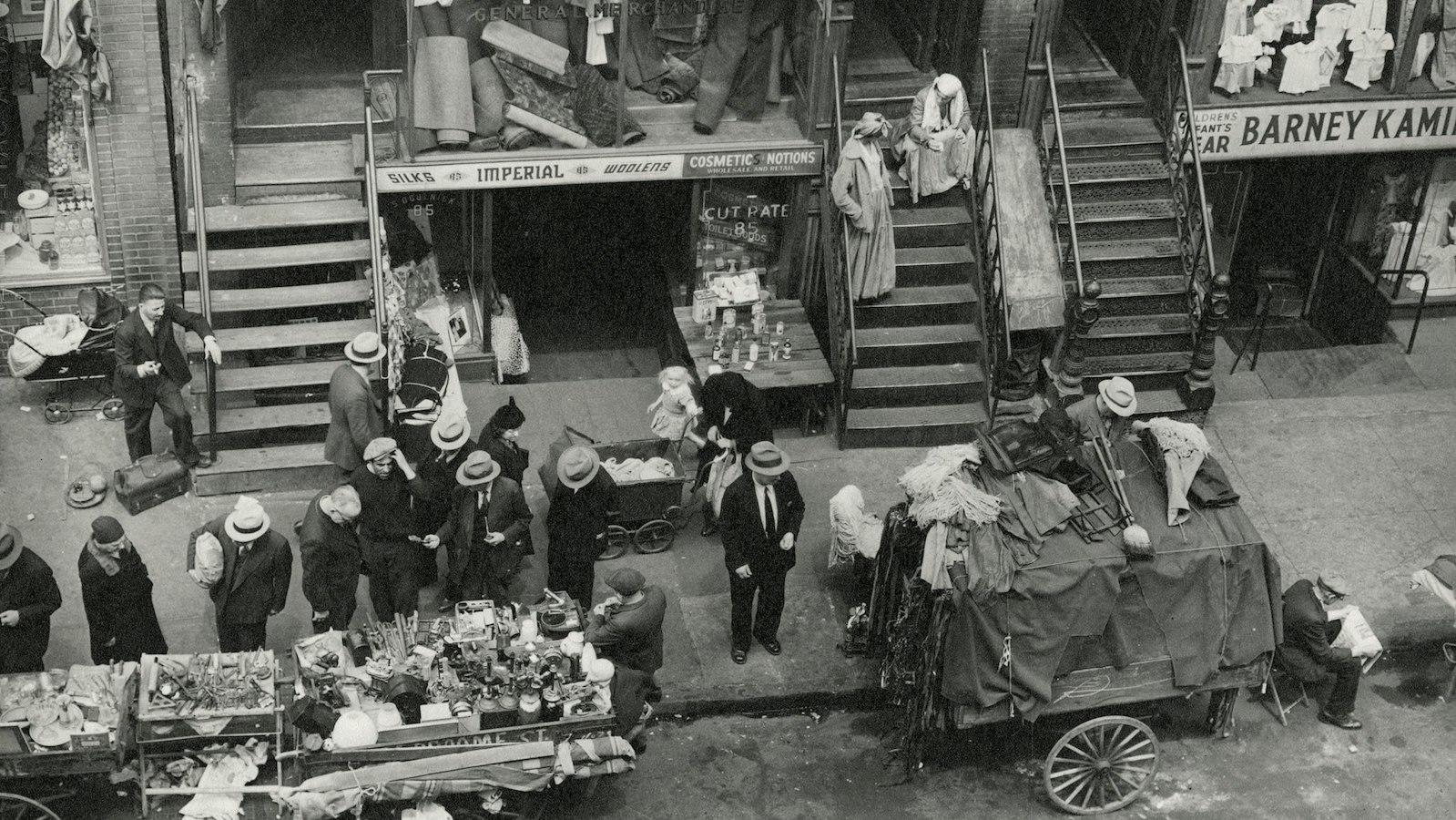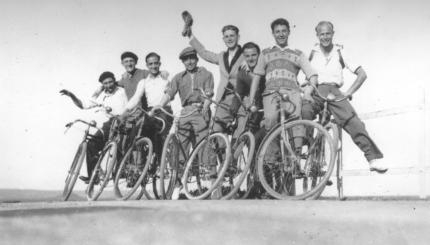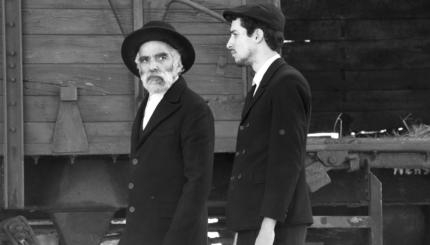Anzia Yezierska’s Bread Givers emerged from a world of pushcarts and tenements, overworked mothers and fathers, arranged marriages and barrels of herring. Yezierska emerged from it, too.
Born in Poland in 1880, Yezierska emigrated with her family to the Lower East Side. She wrote largely autobiographical fiction, which helps give this novel its sense of authenticity. Like Sara Smolinsky, the novel’s narrator, Yezierska’s father studied scripture while her mother worked, and she was forced as a child to help support the family.
Bread Givers trains its lens over the beehive of the Lower East Side. The characters speak in sinuous Yiddish-English. Sara excels at hocking herring on the street, her boss exclaiming proudly, “Give only a look on that little nothing! Only skin and bones—but such quick hands! It burns in her an engine!”
But Sara, the youngest of four daughters, dreams to “make for myself a person,” which is where the heart of the novel lies.

Help us keep Jewish knowledge accessible to millions of people around the world.
Your donation to My Jewish Learning fuels endless journeys of Jewish discovery. With your help, My Jewish Learning can continue to provide nonstop opportunities for learning, connection and growth.
Sara’s father, Reb Smolinsky, is a tyrant of Old World sexism. Sara marvels at her father’s belief that “God didn’t listen to women. Heaven and the next world were only for men.” After he rejects the marriage proposals of each of his three older daughters’ would-be suitors and arranges marriages for them for his own financial gain, Sara leaves to earn a teaching degree. When she returns to the Lower East Side, the neighborhood hasn’t changed — but she has.
Late in the novel, Sara stumbles on her father, destitute and ill, in the street. She pities him and asks if he’ll come live with her. With gall that leaves her breathless, Reb Smolinsky says he’ll think about it only if she “promise[s] to keep sacred all that is sacred to me.”
Bread Givers put Yezierska on a path of moderate success. Samuel Goldwyn, of MGM fame, gave her a $100,000 contract to write screenplays. Her Hollywood publicists dubbed her the “Cinderella of the Sweatshop.” A final novel in 1950 revived interest in her work, and she died in California in 1970.
But Sara’s path ends far more uneasily. Though she dreams of a bigger life, when she finds her father in the street, she gives in. In a dart to the heart of the Jewish immigrant experience, Sara explains, “I felt the shadow still there, over me.” Seemingly speaking for her entire generation, she continues, “It wasn’t just my father,
but the generations who made my father whose weight was still upon me.”
Ready to start reading? Get your copy of Anzia Yezierska’s Bread Givers here.




